


As a response to requests made from several manufacturers, the United States Trade Representative (USTR) issued additional product exclusions pertaining to the 25% Section 301 List 3 Tariffs on May 21.
The new list of exclusions includes 17 10-digit HTS subheadings and 61 specially prepared product descriptions. Together, they cover 103 separate exclusion requests. The general categories of products affected by this update are children’s paints and activity sets, stainless steel materials and accessories, stoves, grills, seeds for sowing, frozen items, and chemical components.
All of the exclusions can be applied for any product that meets the description in the Annex to each notice, including its 10-digit HTSUS classification number, regardless if the importer has previously filed an exclusion request or not.
As announced by the USTR, the product exclusions can be applied retroactively for entries dating back to Sept. 24 of 2018, and will remain in effect until Aug. 7. As such, the USTR has recommended importers to file a “Post-Summary Corrections or Protests” form to secure refunds and interest on the already-paid amounts of the exclusions.
For more information about the Section 301 Update on May 21, click here.

US government announces executive order aimed at stopping de minimis imports. See what will and won't change for US importers.
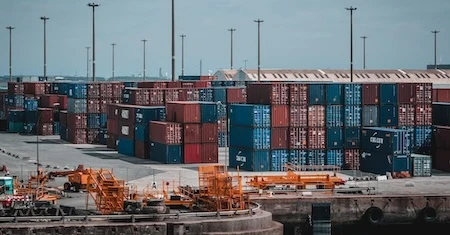
Rising COVID cases partially closes down one of the world's busiest ports, what does that mean for freight?
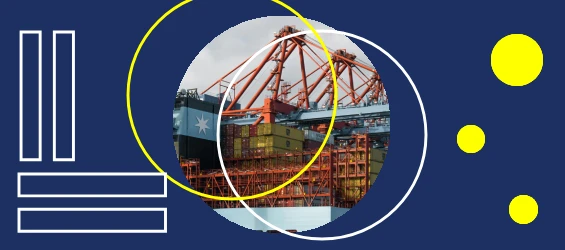
China–US ocean freight rates fell week-over-week as weak January demand erased early GRIs. See what’s driving transpacific pricing and where rates may head next.
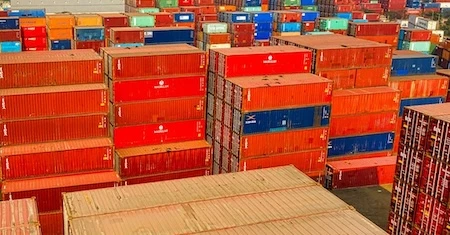
A list of strict ATA Carnet accepting-countries and the specifications they hold. Most non-commercial, exhibiting importers and exporters recognize the value and role of ATA Carnets in the complicated field of trade. While the World Customs Organization
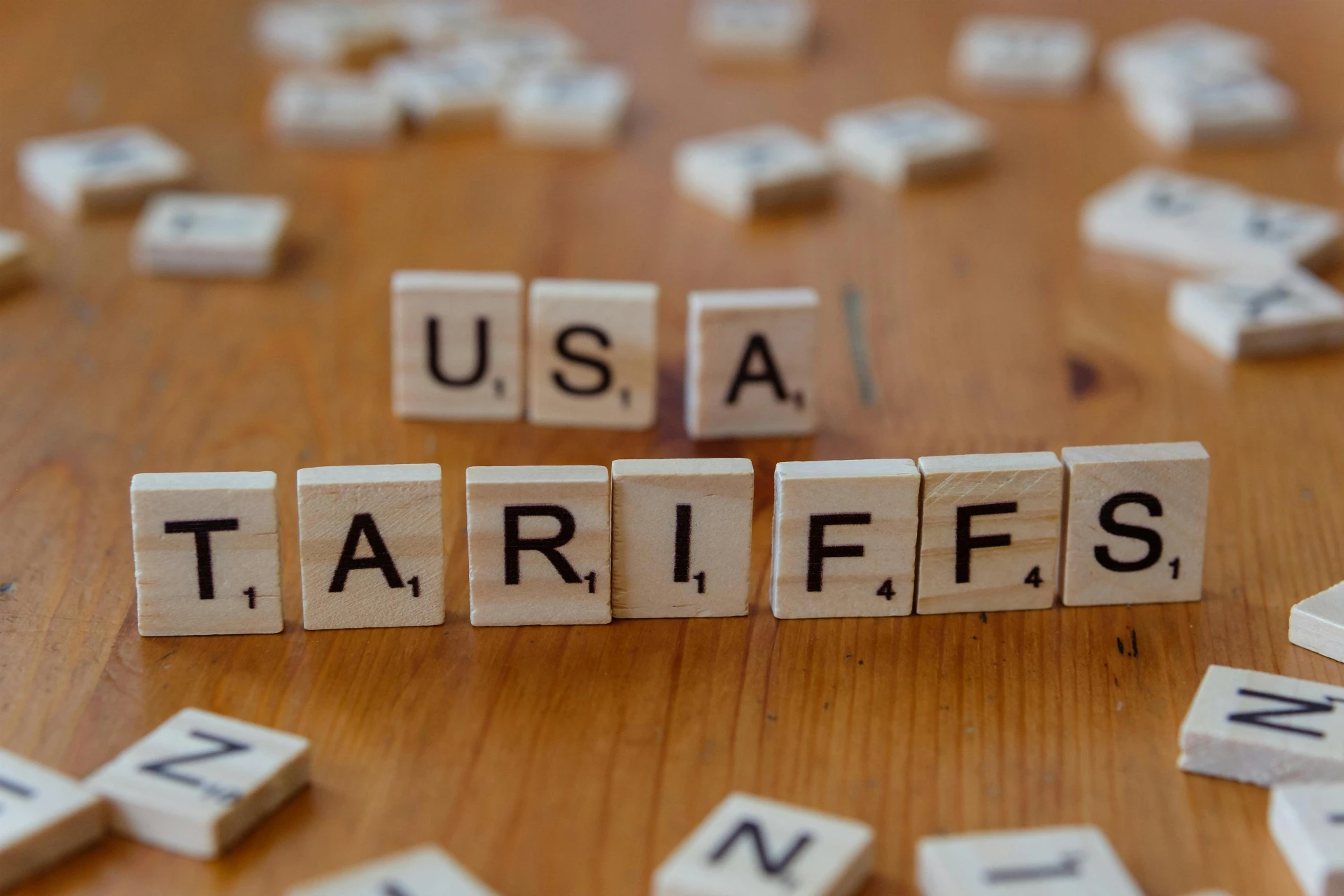
The White House has announced new tariffs on branded pharmaceuticals and launched national security probes into medical equipment and robotics. Learn what’s changing, how hospitals and manufacturers could be affected, and where to track historical HS/HTS.

Ocean freight rates from China to the US hit new lows as Chinese New Year approaches. With USWC rates falling to $1,600 and carriers selling space at cost, discover what's driving the market downturn and the outlook for February 2026

Explore how the 2025 U.S.-U.K. Economic Prosperity Deal reshapes tariffs, boosts exports, and opens new opportunities for automotive, aerospace, and metals trade.

a detailed timeline of U.S. global trade policy changes from April to August 2025, including new tariffs, international negotiations, and their economic impact.
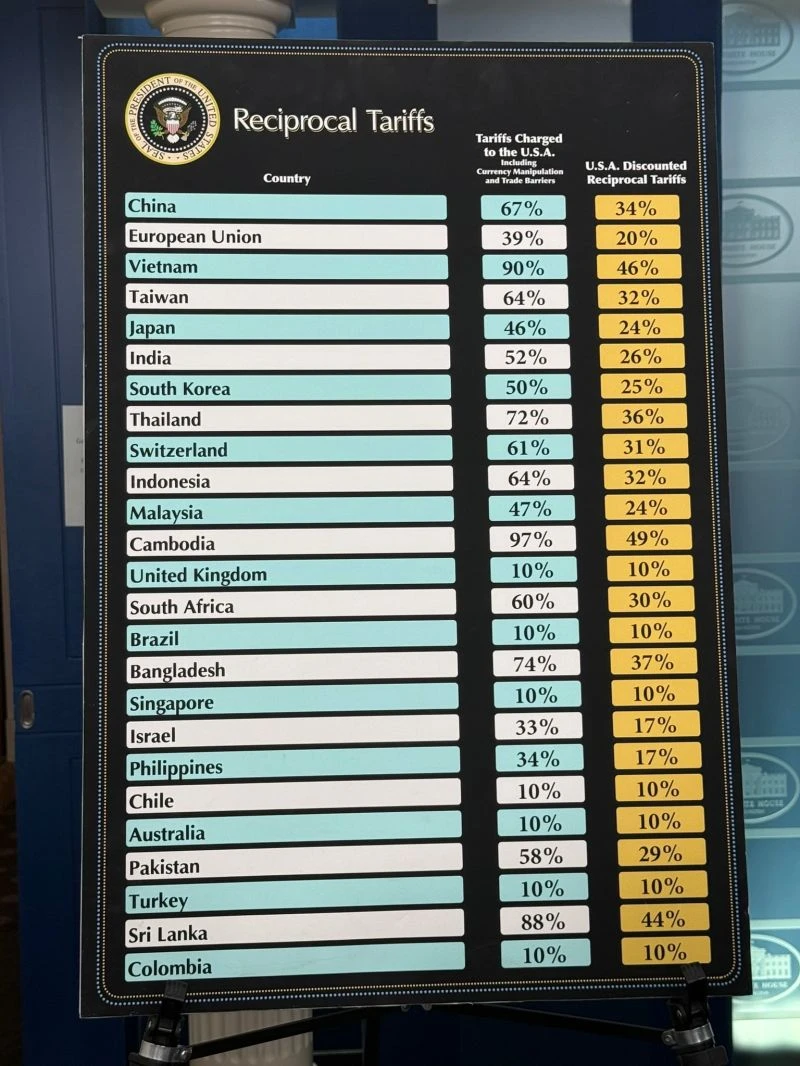
On April 2nd, the Trump administration announced reciprocal tariffs aimed at 50 countries and a baseline 10% tariff on all imports to the US. Here are the latest tariffs the US plans to levy against other countries.

President Trump issues Executive Order to stop overlapping tariffs on imports under national security and trade actions, ensuring duty rates remain targeted and non-cumulative. Effective retroactively from March 4, 2025.